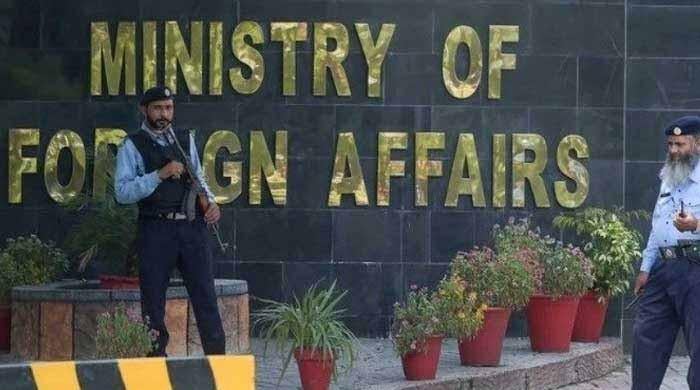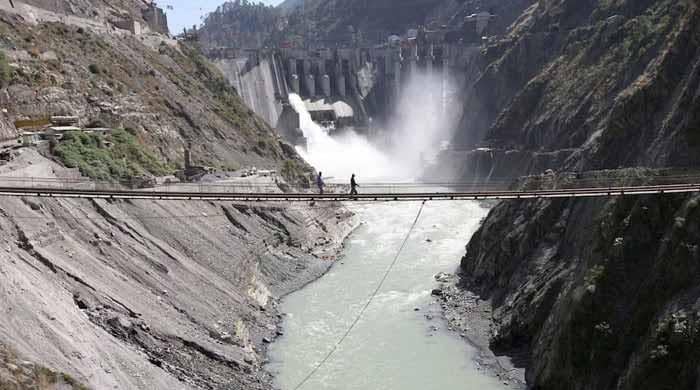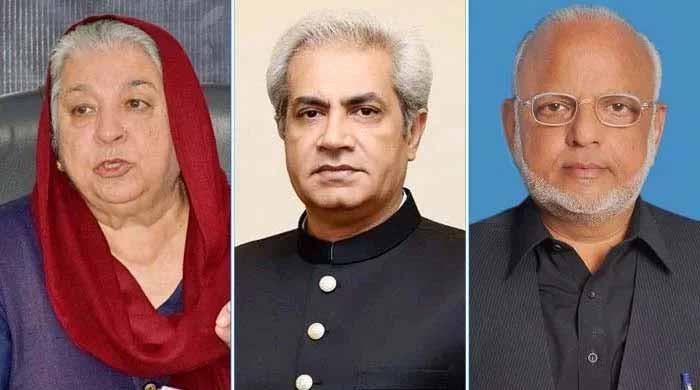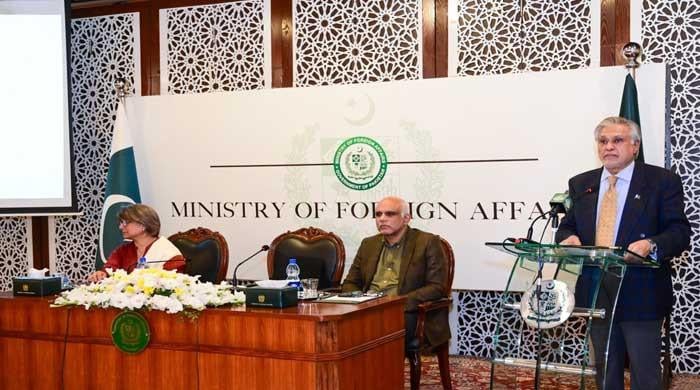Imran's detention 'internal matter', says minister on UN working group's report
"PTI founder has all rights according to Constitution, law, and international standards," says Azam Nazeer Tarar
July 02, 2024
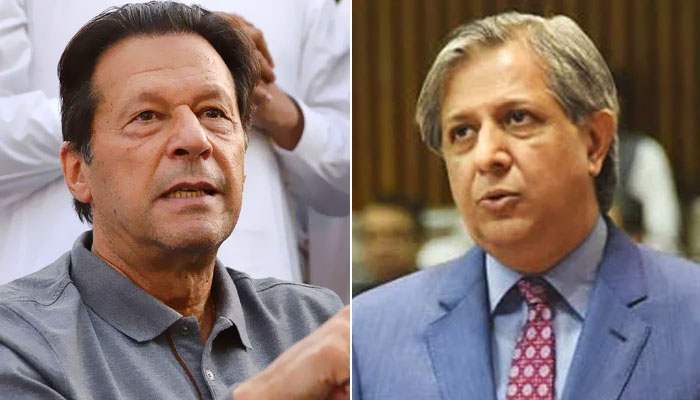
- Tarar says PTI founder has all rights as per law, Constitution.
- Law minister says Imran Khan is in jail as convicted prisoner.
- Says Pakistan courts enforce constitution and existing laws.
ISLAMABAD: Law Minister Azam Nazeer Tarar issued a response to a UN report — which termed Pakistan Tehreek-e-Insaf (PTI) founder Imran Khan's detention arbitrary and in violation of international law — and called the arrest and cases against him an "internal matter".
"The PTI founder has all the rights according to the country's constitution and law and international standards," said the law minister in a statement issued on Tuesday.
Imran has been facing a slew of charges ranging from corruption to terrorism since his removal as the premier.
The PTI founder has been in jail since last August and was convicted in some cases ahead of a nationwide election earlier this year. He is also fighting dozens of other cases which are continuing.
Tarar said that the former prime minister is in jail as a convicted prisoner, adding that as an independent state, the constitution and existing laws are enforced by the courts in Pakistan.
The minister further said that the relief granted to the PTI founder in several cases is a manifestation of a transparent and fair trial judicial system.
"Any demand beyond the Constitution, law, and international principles will be called discriminatory, biased and against justice," Tarar emphasised.
On Monday, the Geneva-based UN Working Group on Arbitrary Detention in an opinion said that the jailed politician should be "released immediately".
The group had said: "Appropriate remedy would be to release Mr Khan immediately and accord him an enforceable right to compensation and other reparations, in accordance with international law".
It added that the legal woes for the former prime minister were part of a "much larger campaign of repression" against him and his party.
After the UN body's report, the US State Department asked Pakistan to respect people's fundamental human rights.
Principal Deputy Spokesperson Vedant Patel said the US officials have consistently and privately and publicly urged Pakistan to respect the rights of its people in line with its constitution and international commitments.
“We urge the Government of Pakistan to respect human rights and fundamental freedoms, including the freedom of expression, freedom of association, peaceful assembly, and the freedom of religion as well,” he said.




